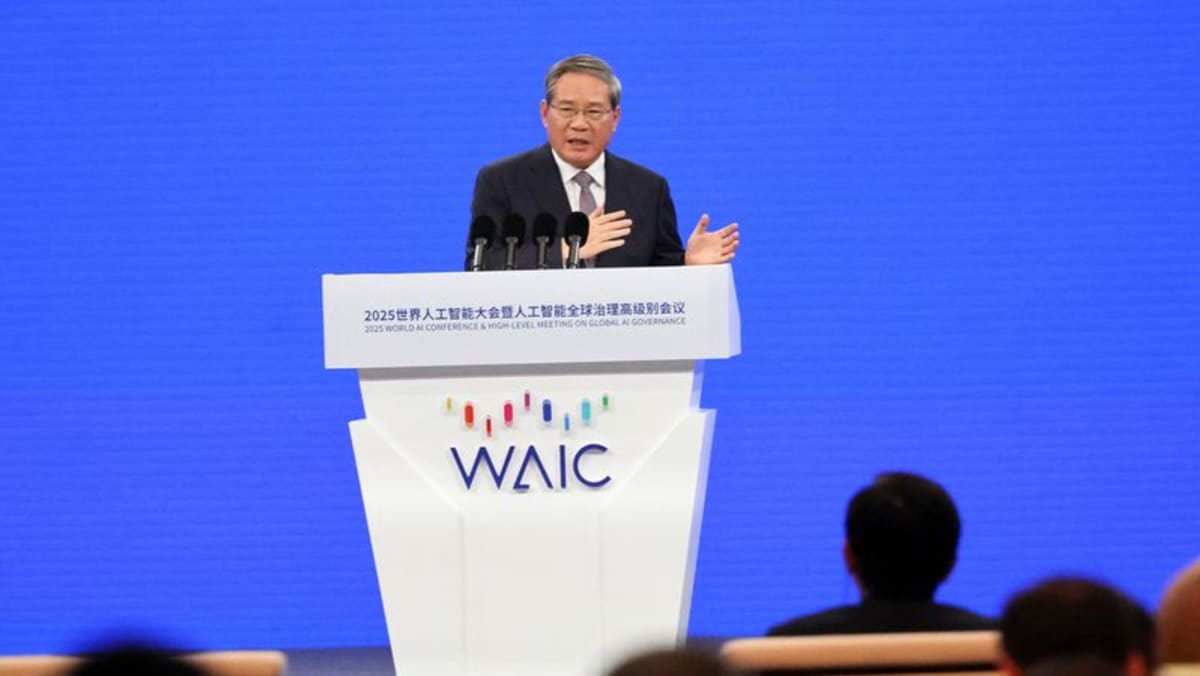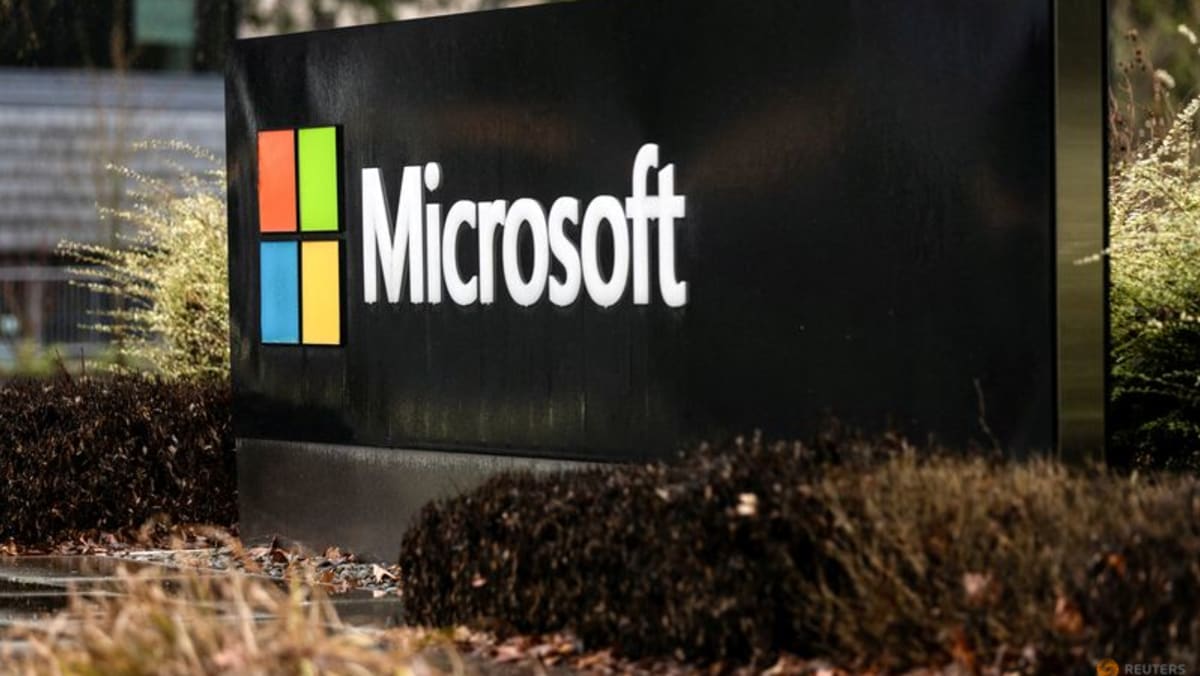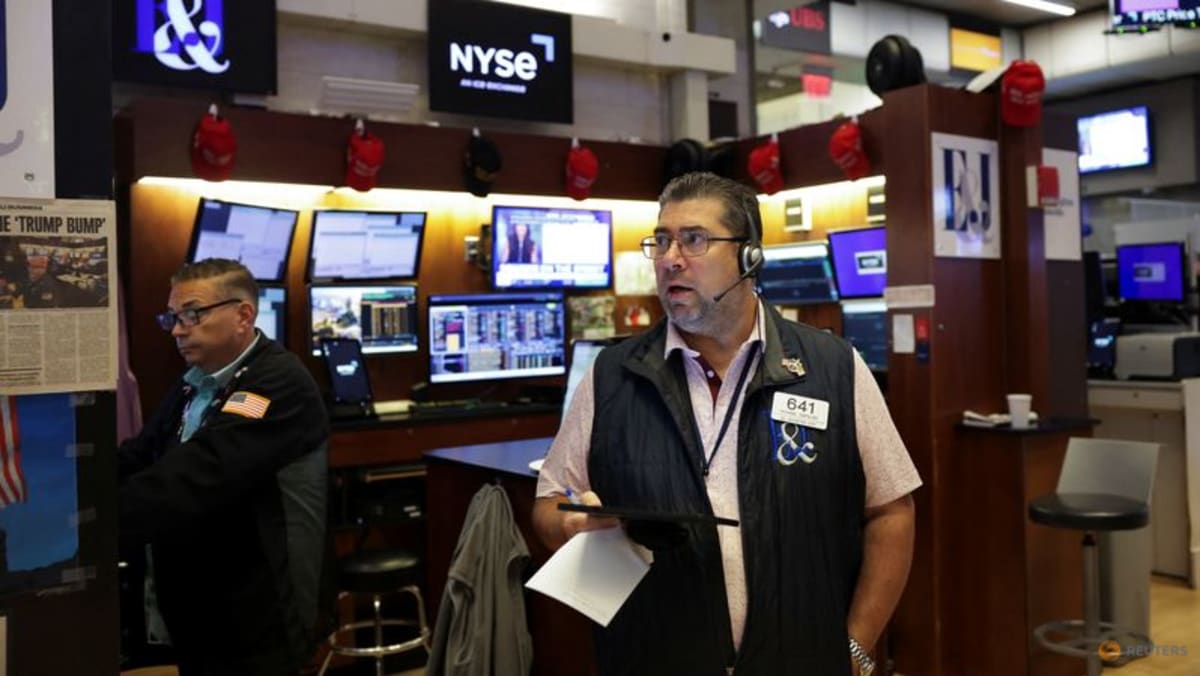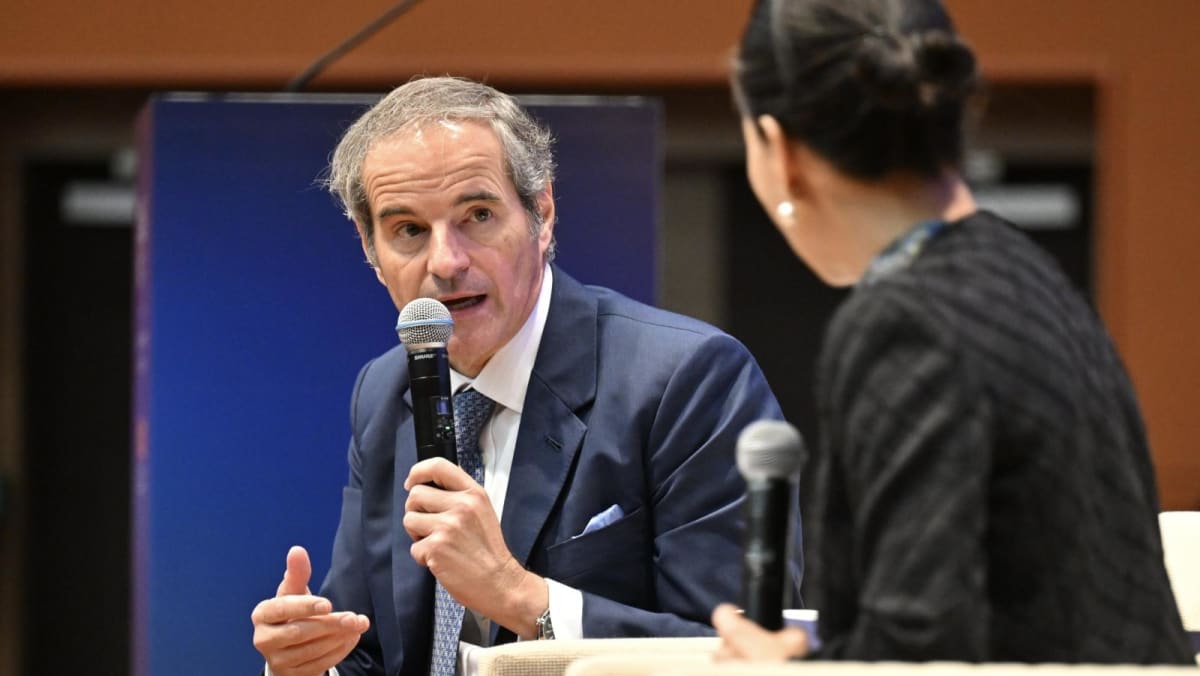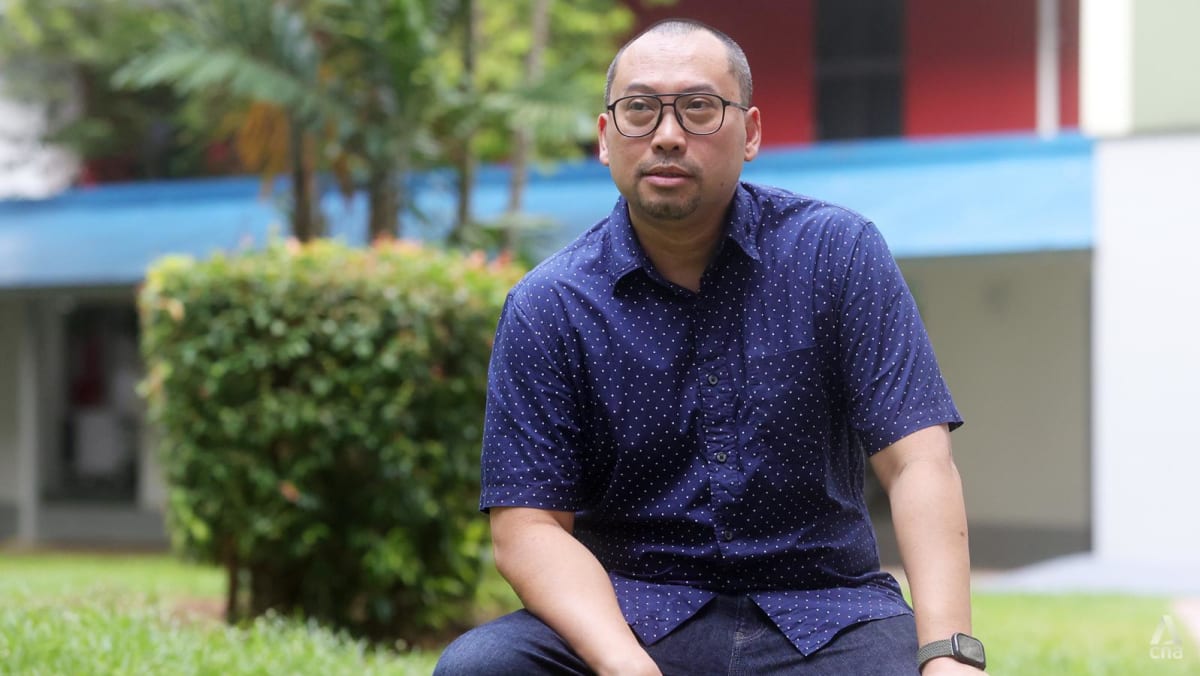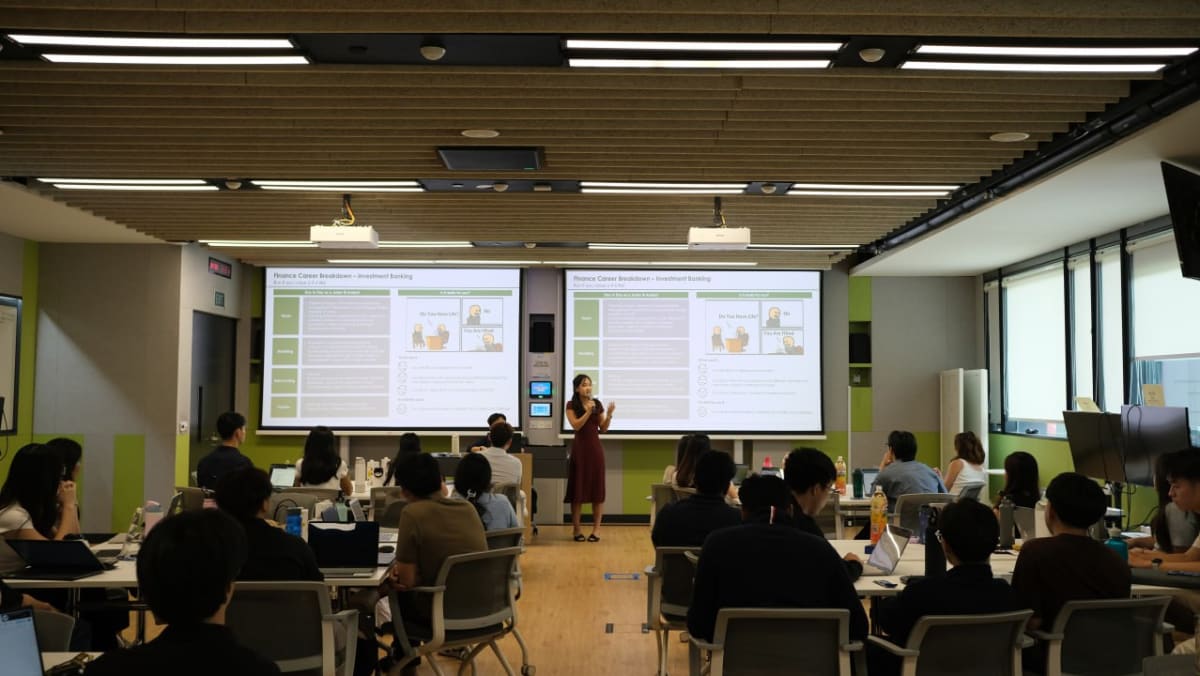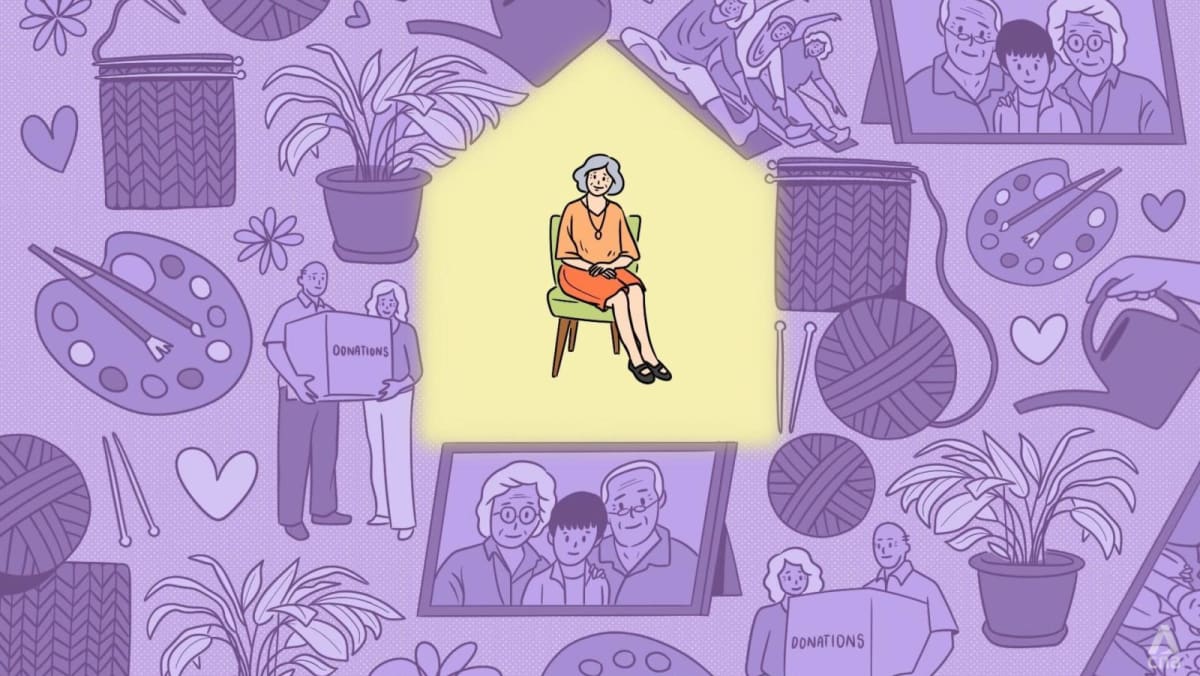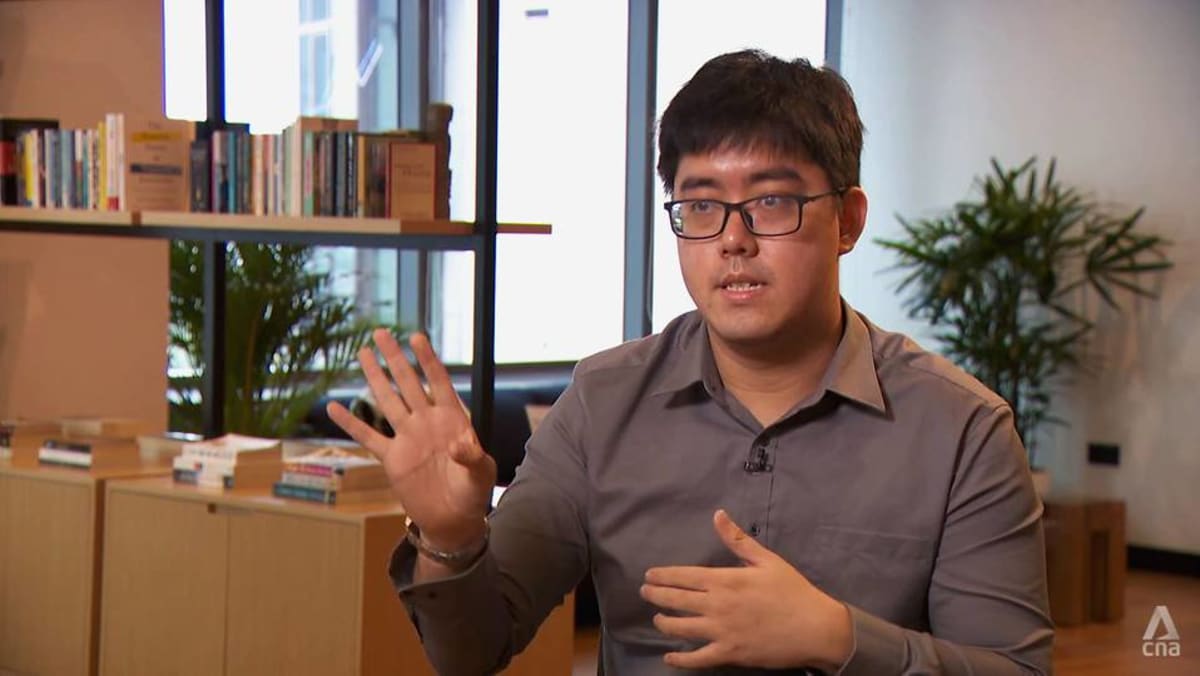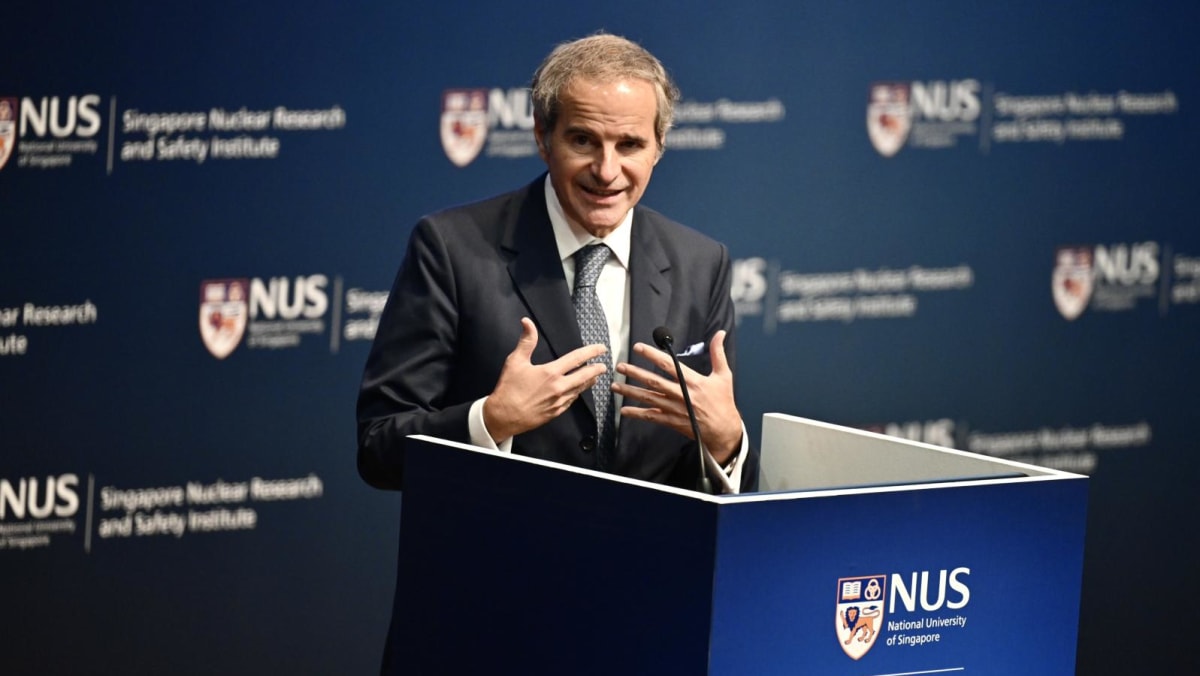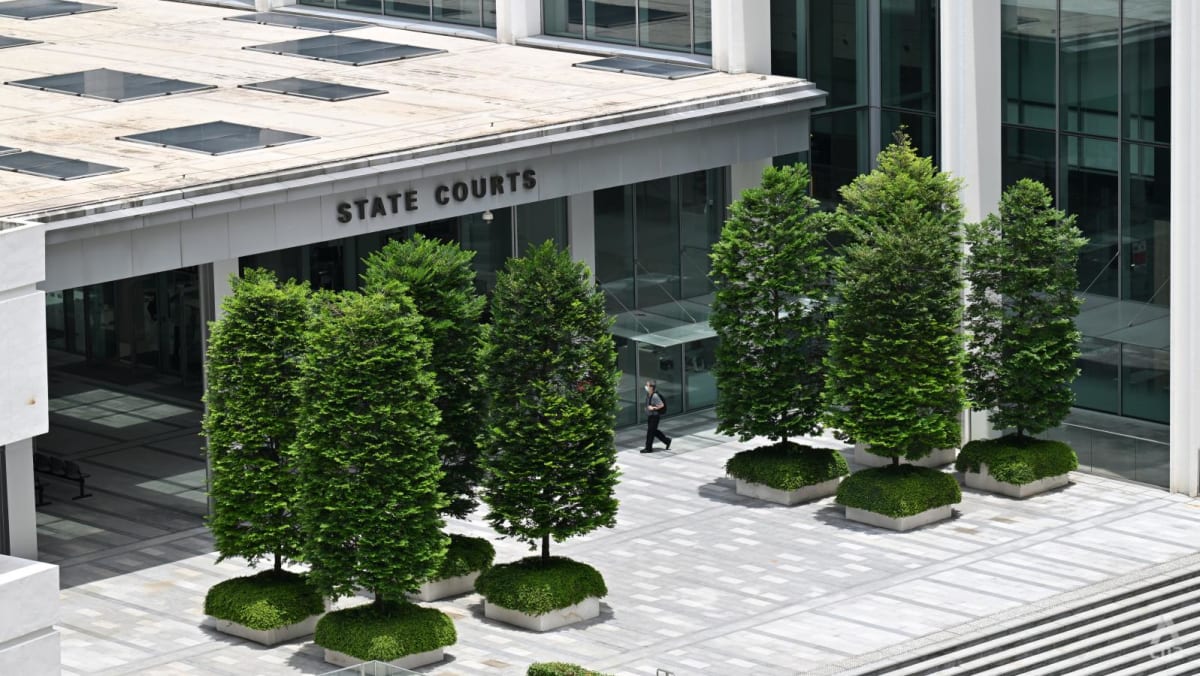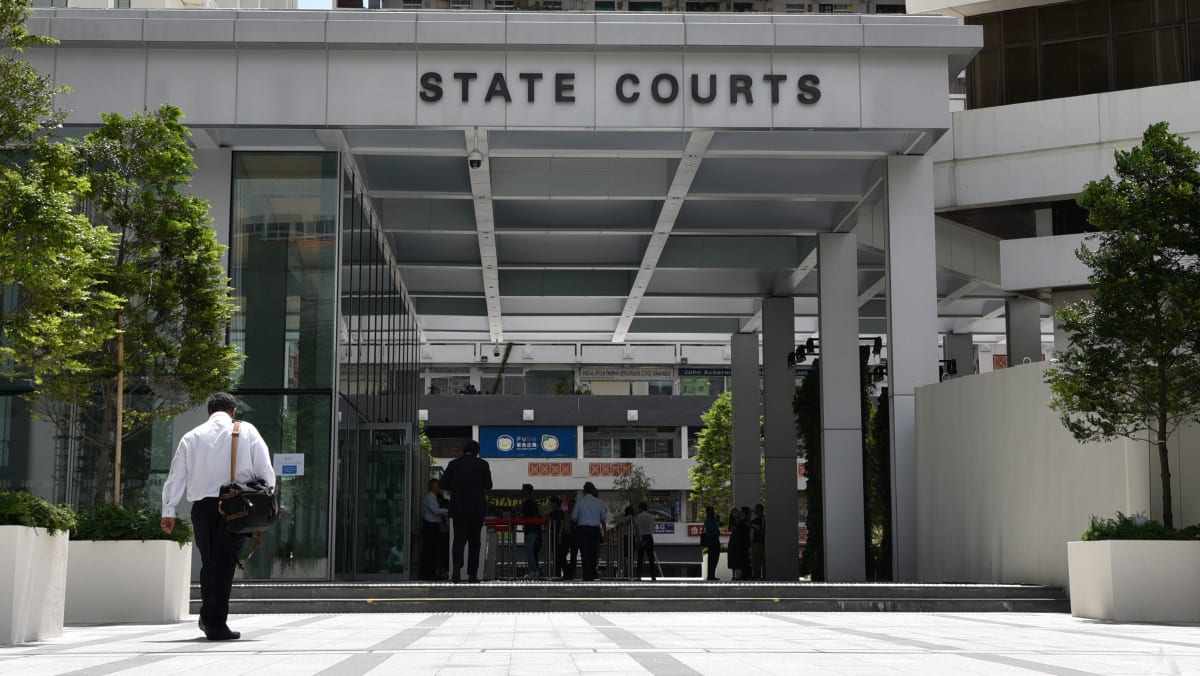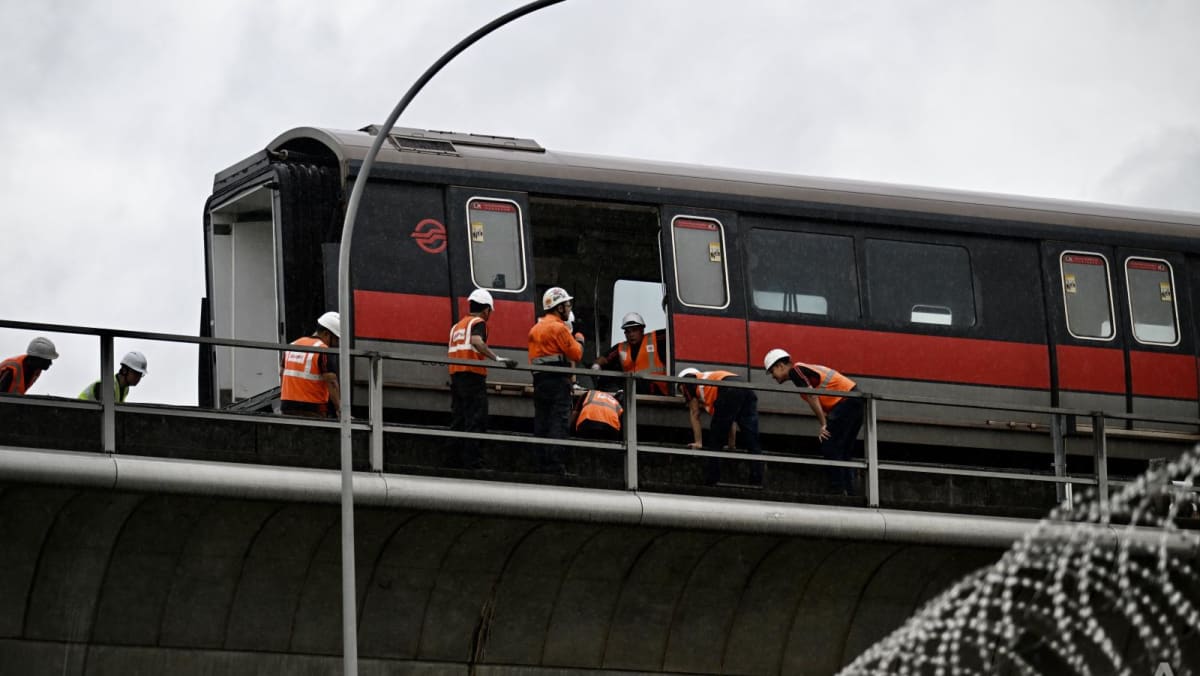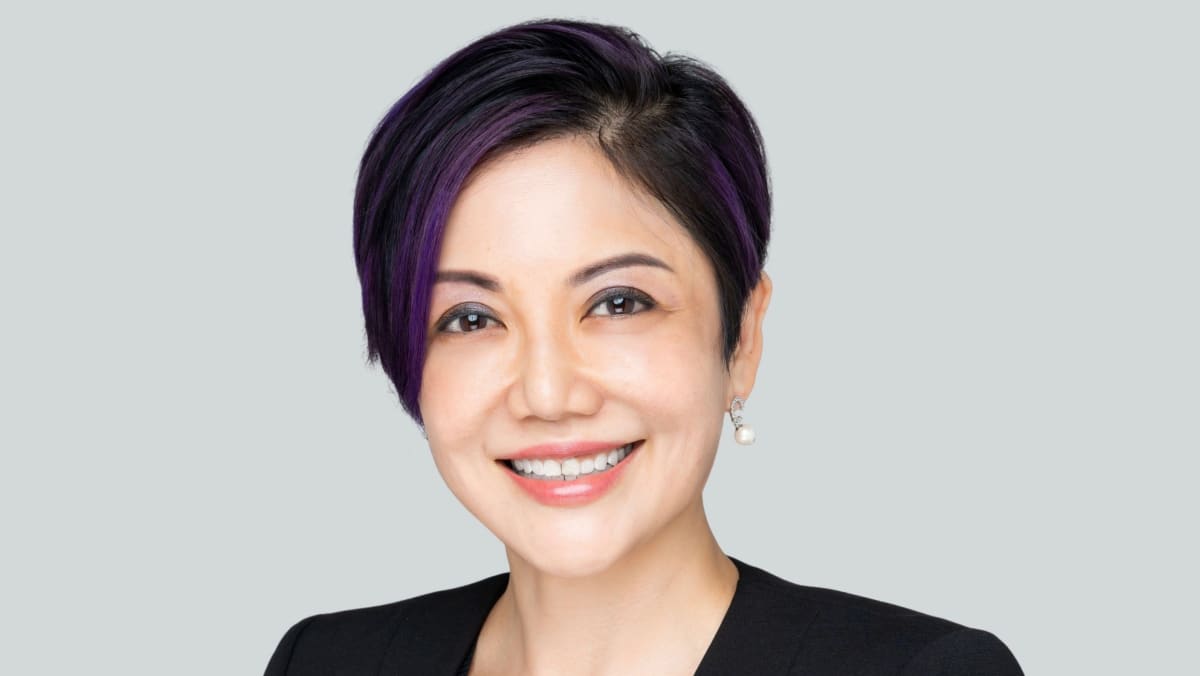When asked about how the collaboration has grown and what more Singapore can do to build a safe and peaceful nuclear technology environment in the region, Mr Grossi said the cooperation between Singapore and IAEA has taken on a “number of dimensions” that have to do with nuclear applications.
The agency has been working with different Singapore institutions “very successfully”, he added.
“Now, of course, there is this new ingredient because there is an interest to move into nuclear energy, and this is going to be adding frequency, maybe, and intensity of contacts we are having.”
The first agreement was inked in 2000 and then renewed in 2015. Singapore has worked with the IAEA to train other nations in building their nuclear expertise under these deals.
More than 140 participants from 27 countries were trained through 17 fellowships and seven capacity-building programmes, MSE noted.
“These included both workshops and longer-term fellowship programmes, covering topics such as nuclear medicine, nuclear law, food safety and pest control,” said MSE in the press release.
Singapore “strongly supports” IAEA’s focus on building the international community’s capabilities for safe, secure and peaceful applications of nuclear technology, said Ms Fu.
“As a responsible member of the international community, Singapore actively participates in the IAEA’s work to promote and uphold high standards of nuclear safety, security and safeguards, regionally and globally,” she added.
As the host country for the activities that would take place under the agreement, participants from Singapore would have greater access to IAEA and the international experts conducting these activities, said MSE.
Addressing common challenges such as human health, climate change and food security is also in countries’ collective interests, it added.
There are currently no operational nuclear reactors in Southeast Asia, though some countries, including Association of Southeast Asian Nations (ASEAN) member states, have been exploring the use of nuclear power as a potential source of clean energy.
Singapore and a few other neighbouring nations have made it clear that no decision has been made on whether to adopt nuclear energy, but the idea is being studied alongside other possible sustainable energy options.
Apart from the latest agreement with IAEA, Singapore also has nuclear cooperation agreements with other countries and jurisdictions.
This includes the 123 Agreement signed with the United States in 2024, a 30-year deal that furthers civil nuclear cooperation on advanced nuclear energy technologies between both nations.
Mr Grossi is in Singapore as part of the S R Nathan fellowship, a high-level programme for foreign leaders and prominent individuals to visit the country.
On Friday morning, Mr Grossi also met President Tharman Shanmugaratnam and Prime Minister Lawrence Wong.
He later delivered a lecture hosted by the newly launched Singapore Nuclear Research and Safety Institute at NUS and visited the National Environment Agency and the institute’s facilities.
Mr Wong noted on Friday evening that Singapore has been a member of the IAEA since 1967 and strongly supports its work.
“Singapore government agencies contribute to several technical committees, and we have greatly benefited from IAEA’s expertise in nuclear medicine, imaging, and oncology,” the Prime Minister wrote in a Facebook post.
“As we explore our options for low-carbon energy, we will continue working with the IAEA to build our capabilities and uphold strong safety standards.”
